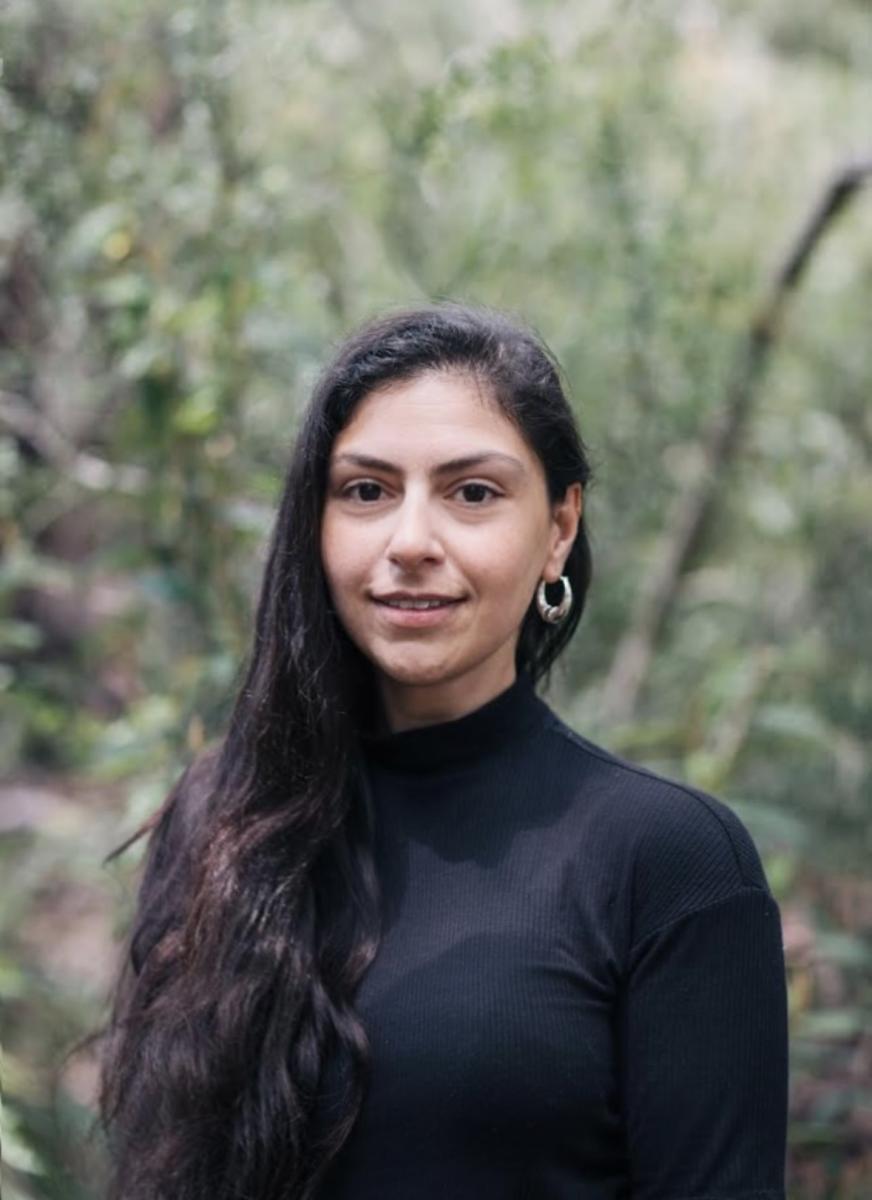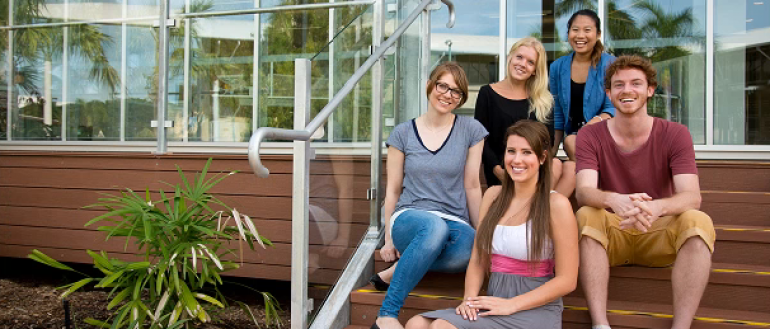 Victoria graduated with a Master of Public Health and is strongly considering applying for a PhD Project within the Menzies Wellbeing and Preventable Chronic Disease division.
Victoria graduated with a Master of Public Health and is strongly considering applying for a PhD Project within the Menzies Wellbeing and Preventable Chronic Disease division.
Why did you choose to study public health?
After years of working as a naturopath in varied healthcare settings and being witness to the social gradient in health, I was disenchanted by the difficulty of offering services to clients across the socioeconomic spectrum. As the naturopathic profession lies outside Medicare, naturopathic care tends to be financially accessible by and large to middle- and high-income earners. Over time I had also begun recognising the ways in which economic frameworks and issues of ethnicity, gender, class, agency and power differentials underpin the development of illness and wellness. I was concerned that the naturopathic principle of holism (which primarily focuses on the capacity of individuals) that guided the way I practiced, was giving inadequate attention to the social, cultural and economic forces that shape health and disease. Ultimately, I wanted to see how naturopathic medicine as a discipline could benefit from the sociopolitical lens offered by public health.
Why did you choose to study through Menzies?
Menzies commitment to reducing health inequities in Australia and its focus on translating research findings into policy and practice, appealed to me. As did the flexibility it offered around content delivery – I was able to study completely online, at my own pace, whilst working full time. Fortunately, Charles Darwin University offered me a Commonwealth Supported Place which lessened the financial burden associated with postgraduate study.
What were the highlights of your studies with Menzies?
Given that I was studying entirely online and amidst the COVID-19 upheaval, the biggest highlight was the opportunity to learn from public health professionals who were not only experts in their field, but also empathetic teachers. As I sought to learn the material and move through the course, they were engaging, compassionate, flexible and deeply understanding of students personal and social circumstances. They responded to not only my comments, questions and written work but also my enthusiasm, personal joys and challenges.
Has your public health qualification opened up career opportunities?
Is has! Undertaking the Master of Public Health has enabled me to work in spaces I otherwise would not have been qualified for. Half way through the course I moved to Central Australia and began working with the incredible NPY Women’s Council. The units I had undertaken thus far provided me with a sociological understanding of the key factors that influence health in Indigenous communities, both at the micro-social level (in illness related behaviour and clinical encounters) and the macro-social level (in health systems and health policy). After working ‘on the ground’ in the area of Indigenous health I became increasingly interested in the nature and value of participatory research, knowledge translation and evaluation research in positively impacting and raising Indigenous health status. A few months after completing the course I was offered a role with Menzies and relocated to Darwin to undertake the position full time.
What is your role/position now?
I’m currently working as a Project Support and Evaluation Officer within the Wellbeing and Chronic Disease division at Menzies.
I had a really positive educational experience with Menzies – one that changed the trajectory of my career. What began as a desire to understand what public health could offer naturopathy ended up being an unexpected pathway to a career I find meaningful, challenging, rewarding and inspiring.

